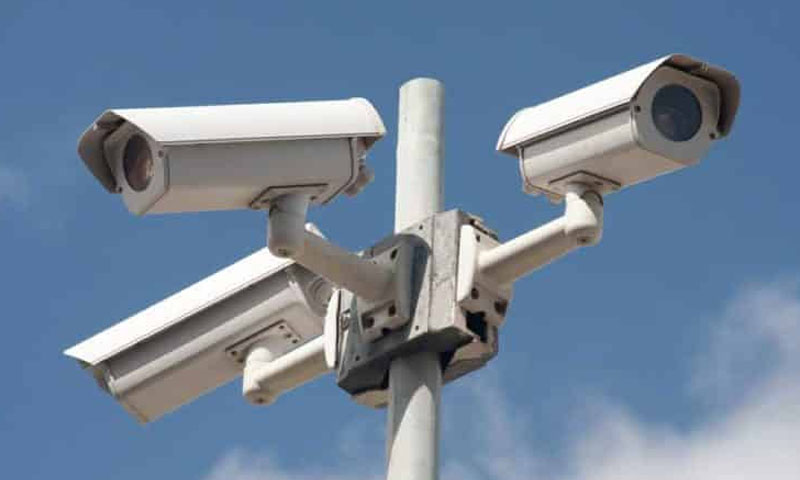- Web Desk
- 7 Hours ago
Sindh expands e-challan system to Sukkur and Hyderabad
-

- Web Desk
- Nov 28, 2025

KARACHI: Following successful implementation in Karachi, the Sindh government has now extended the e-challan system to Sukkur and Hyderabad.
Sindh Home Minister Zia-ul-Hassan Lanjar said that driving licences are also being checked across the province.
“There may be errors in the computer system, but our intentions are clear. If we are improving the traffic system, why the criticism?” he asked while talking to the media.
Meanwhile, Karachi traffic police have collected over Rs710 million in fines through e-challans in one month.
arachi Traffic Police issued a detailed breakdown of last month’s e-challans, showing fines worth more than Rs710 million during the period.
Over 93,000 e-challans were issued in the city with the highest number involving motorists not wearing seatbelts, totalling 57,541 violations and resulting in fines of more than Rs570 million.
Motorcyclists were issued 22,257 challans for riding without helmets with a fine of over Rs111 million.
Traffic police said that 1,188 challans were issued to dumpers, trailers and water tankers for speeding, while 2,699 were issued to general drivers for speeding and 3,102 for signal violations.
As many as 1,278 challans were issued for fancy number plates and 1,178 for tinted windows — leading to combined fines exceeding Rs294 million.
Additionally, 611 challans were issued for stop-line violations and 426 for wrong-way driving.
Traffic police urged citizens to follow regulations, noting that traffic rules are not only for their own safety but also essential for the protection of others on the road.
Earlier, the Sindh High Court heard a series of petitions challenging the provincial government’s e-challan system but refused to grant a stay order against the traffic fines.
During the hearing, the bench said it would not suspend the e-challan mechanism at this stage. The court directed the petitioners to first allow the departments concerned to submit their responses. “Let the replies come in, after which you may present your arguments,” the court observed.




